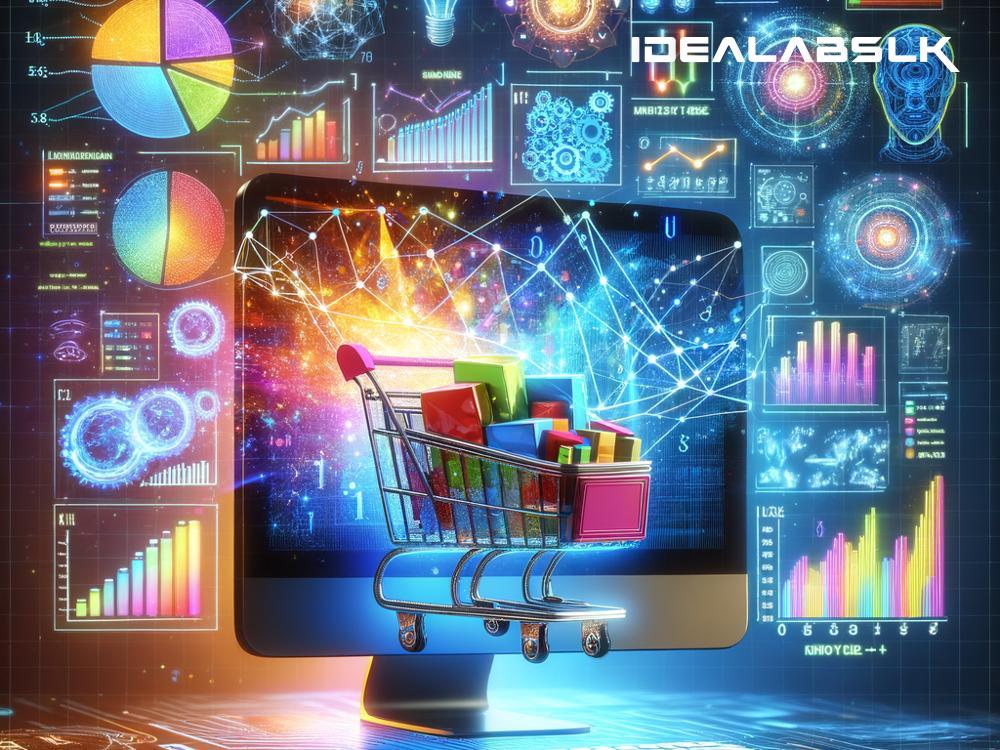Harnessing the Power of Machine Learning for Predicting Customer Behavior in E-commerce
In the bustling digital marketplace, understanding your customer has never been more crucial. With the vast ocean of data generated every second, keeping up can seem like a herculean task. Enter Machine Learning (ML), the knight in shining armor for every e-commerce business out there. This powerful tool is reshaping how online businesses understand and predict customer behavior, offering a personalized shopping experience that wasn't imaginable a few years ago. Let's dive into how machine learning is revolutionizing customer behavior prediction in e-commerce, making shopping online a delight for both the customer and the retailer.
Understanding the Basics
Machine learning, a subset of artificial intelligence (AI), enables computers to learn from data without being explicitly programmed. It's like teaching a computer to make decisions based on past experiences. In the realm of e-commerce, ML algorithms sift through mountains of data — from browsing patterns to purchase history — to discern patterns and predict future buying behaviors. This predictive prowess can power recommendations, personalize shopping experiences, and ultimately, boost sales.
Knowing Your Customer
The adage "know your customer" has never been more pertinent. By leveraging ML algorithms, e-commerce platforms can analyze a customer's past behavior and preferences to predict what they might be interested in next. This isn't just about what they've bought, but extends to how they interact with your site — what they've looked at, how long they've browsed, and even what they've abandoned in their cart. Armed with these insights, businesses can customize their offerings and how they present them, aligning closely with each customer's desires.
Personalization: The Heart of Modern E-commerce
The core aim of leveraging machine learning in e-commerce is to provide a hyper-personalized shopping experience. By predicting customer behavior, businesses can tailor their website layout, product suggestions, and even marketing messages to suit individual preferences. This level of personalization makes customers feel understood and valued, which in turn, fosters loyalty and increases the likelihood of repeat purchases. Imagine logging onto a website and finding everything you want just a click away — that's the power of ML-driven personalization.
Boosting Sales with Predictive Analytics
One of the main attractions of using machine learning for customer behavior prediction is its impact on sales. By understanding what customers are likely to need or want, businesses can design targeted promotions and offers that are more likely to convert. Whether it's suggesting related products at the checkout or sending a personalized email about an upcoming sale, predictive analytics ensures that your marketing efforts hit the mark, every time.
Streamlining Inventory Management
Predictive analytics isn't just about fueling sales; it's also a boon for inventory management. By forecasting trends and predicting future demand for products, businesses can optimize their stock levels, avoiding both surplus and shortages. This efficiency not only saves money but also ensures that customers find what they're looking for when they need it, enhancing satisfaction and trust in your brand.
Challenges and Ethical Considerations
While the benefits are manifold, the journey to integrating machine learning into e-commerce isn't without its challenges. Collecting and managing massive datasets, ensuring data privacy, and maintaining the accuracy of predictions are just a few hurdles businesses might face. Moreover, there's an ethical consideration to ensure that personalization and data usage don't breach customer trust or privacy.
The Future is Here
The adoption of machine learning for predicting customer behavior in e-commerce signifies a leap towards an intelligent, data-driven future. It's a testament to how technology can be harnessed to create more meaningful connections between businesses and their customers. As machine learning algorithms grow smarter and more sophisticated, the potential for personalizing shopping experiences and streamlining business operations skyrockets.
Final Thoughts
Machine learning is more than just a buzzword in the e-commerce industry; it's a fundamental shift in how businesses understand and interact with their customers. By harnessing its power, e-commerce platforms can unlock unprecedented levels of personalization, efficiency, and customer satisfaction. The future of online shopping is not just predicting what customers will do next — it's about creating a shopping experience so seamless and personalized that it feels like magic. And that future is here, powered by the predictive might of machine learning.

